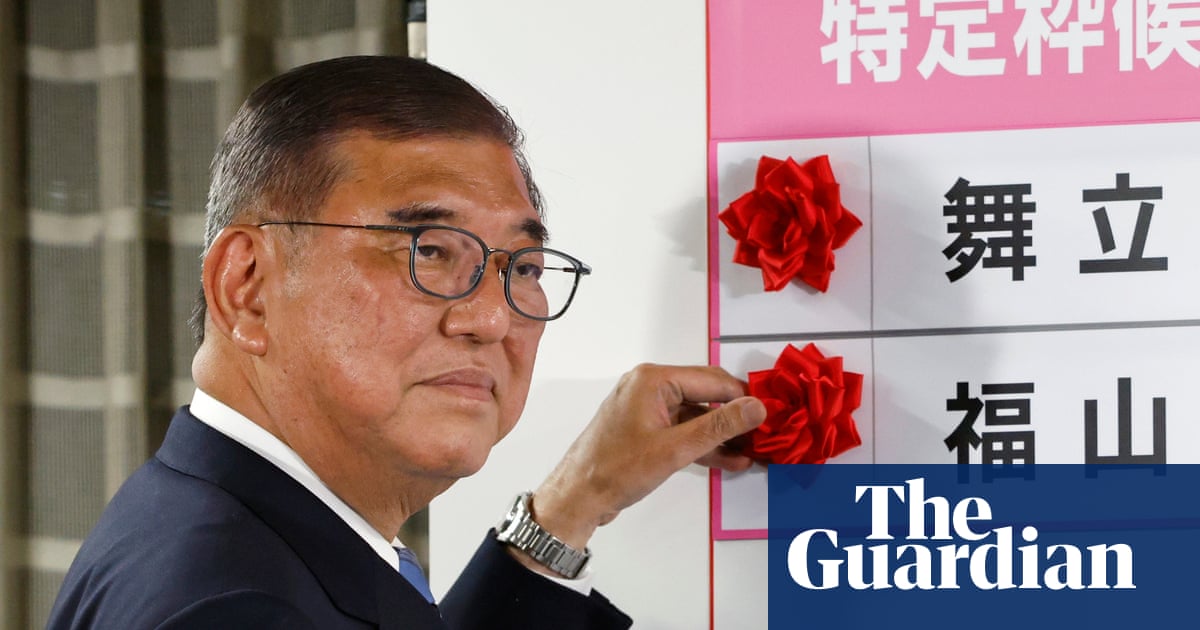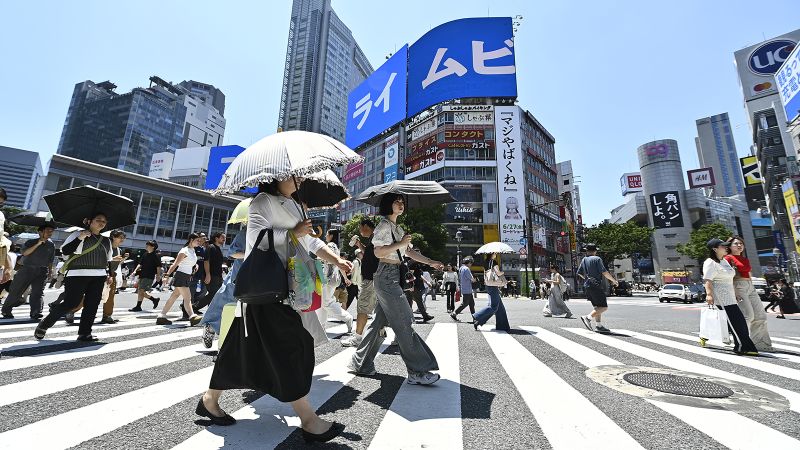T4K3.news
Japan’s upper house election results threaten Ishiba’s majority
Japan’s ruling coalition faces a setback as far-right parties gain ground in elections.

The projected election results raise concerns for Prime Minister Shigeru Ishiba as Japan faces U.S. tariffs.
Japan’s ruling coalition risks losing power as far-right gains influence
Japan's ruling coalition, led by Prime Minister Shigeru Ishiba, faces a significant setback in the upper house elections, with far-right parties making gains. Ishiba, who took office just months ago, has acknowledged the challenge, stating he understands the weight of his responsibilities. He aims to negotiate with the U.S. to avert a 25 percent tariff set for August 1, a move prompted by criticisms from President Donald Trump. The latest electoral loss comes after a similar defeat in the lower house, complicating Ishiba's position as the coalition struggles to maintain control.
Key Takeaways
"Clearly, people have spoken — people have said no to Ishiba’s administration"
Former Prime Minister Yoshihiko Noda reacts to the election results, emphasizing public sentiment.
The shift in voter sentiment reflects deeper frustrations within Japanese society. Far-right parties have capitalized on nationalistic sentiments, especially in the context of immigration and trade. Ishiba's government now finds itself at a crossroads, needing to address both domestic discontent and international pressures, particularly from the U.S. As previous leaders have learned, losing the upper house can destabilize an administration. Ishiba must act swiftly to regain public trust and prevent further erosion of his power.
Highlights
- Elections show a shift towards ultra-nationalism in Japan.
- Voter dissatisfaction is clearer than ever in these results.
- Ishiba must act fast to retain control amid public discontent.
- Political stability in Japan is now in serious jeopardy.
Political instability could challenge Ishiba's leadership
The ruling coalition's loss in the upper house reflects a potential shift in political power that may affect governance and international negotiations.
The upcoming weeks will be crucial for Ishiba's leadership and Japan's political landscape.
Enjoyed this? Let your friends know!
Related News

Shigeru Ishiba's coalition loses majority in Japan's upper house

Japan's ruling coalition may lose majority in critical election

LDP-Komeito coalition faces major electoral loss

LDP suffers significant loss in Japan elections

Japan sets up task force to address foreign resident issues

Japan's ruling coalition predicted to lose upper house control
Wall Street reaches new record amid profit reports

Japan sets up task force to manage foreign resident concerns
